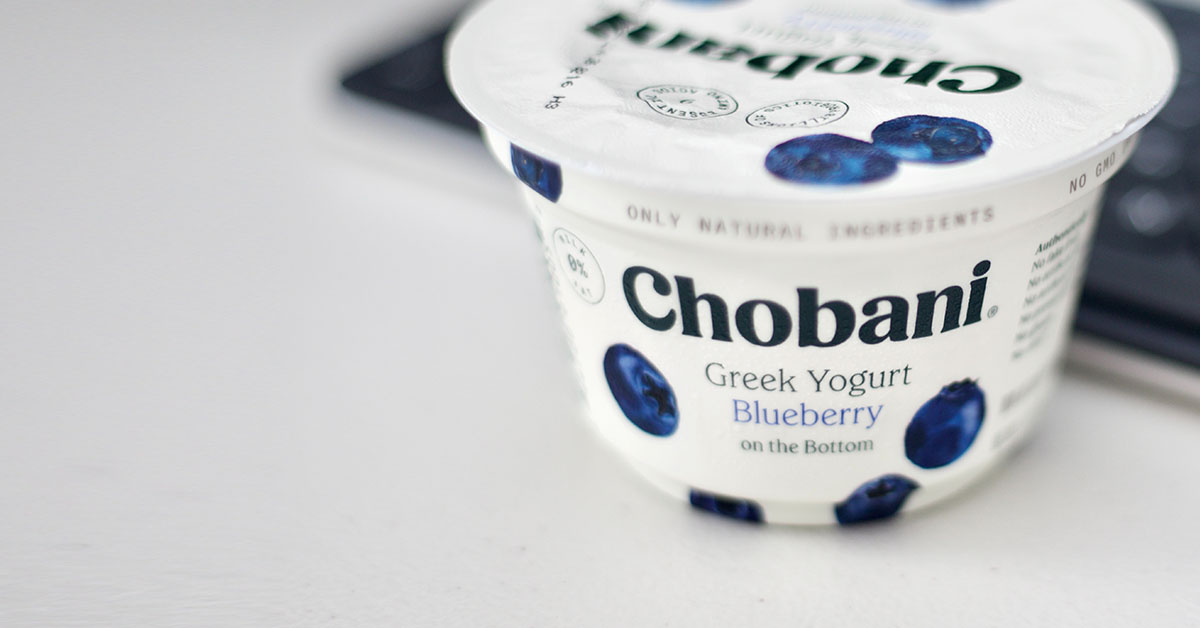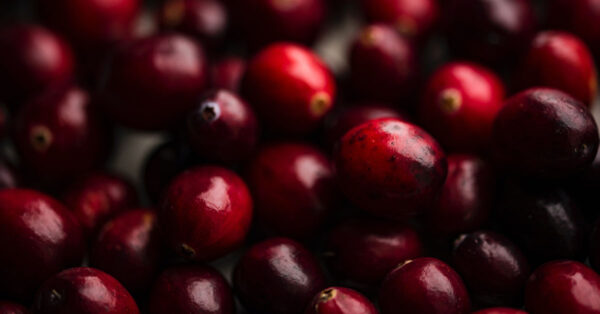At the nation’s largest purveyor of Greek yogurt, the culture is imbued with humanitarianism
Hamdi Ulukaya, who emigrated to the U.S. from Turkey in the early 1990s, has always viewed food “as a force for good in the world.” In upstate New York in 2005, he founded Chobani, a brand name derived from the Turkish word for “shepherd.” And, in the spring of 2020, as the pandemic gained worrisome traction and restaurants were shutting their doors, he kept the Chobani Café in downtown Manhattan open—albeit on a highly unorthodox basis.
The menu remained unchanged, but the food was free. Chobani, the nation’s foremost maker of Greek yogurt, had transformed its eponymous café into a temporary food pantry to feed New Yorkers in need—and, for that matter, anyone in search of a meal. No one was turned away.
The café repurposing was part of Chobani Pantry, a multi-front commitment to provide sustenance wherever it was needed. Food and supplies were trucked in daily to food banks across the country. Meanwhile, Chobani harnessed the power of its digital brand, via its online advertising, website and social media, to help Feeding America, a nationwide network of food banks, raise money, collect food and ease the plight of those hit hardest by the pandemic.
“Covid-19 hasn’t just attacked the health and wellness of our most vulnerable,” Ulukaya, CEO of Chobani as well as its founder, said at the time. “It’s also hit our livelihoods, knocking out jobs and crushing small businesses. Since day one, we’ve had a special relationship with local food banks because we share the same mission of providing better food to families and communities.”
From Carpenter Group’s perspective, it’s a mission that draws no distinction between business objectives and humanitarian principles. Chobani’s purpose, the company’s website says, “is to make high-quality and nutritious food accessible to more people, while elevating our communities and making the world a healthier place.”
Today, with the worst of the pandemic behind us, Chobani continues its fight against hunger with a heightened focus on its youngest victims. “Nine million children across the U.S. are experiencing food insecurity,” notes a company social post. “That’s one out of every eight kids.” Worldwide, 45.5 million children are malnourished—a tragedy, says Ulukaya, but an eminently fixable one—“pervasive but preventable.”
Chobani has engaged with other companies through its Food Access in Reach (FAIR) initiative to eliminate child hunger one school at a time. A partnership with the nonprofit group Swipe Out Hunger specifically targets hunger on college campuses, “which are among the most affected, yet overlooked, communities impacted by food insecurity,” Ulukaya says.
Chobani has also rolled out products explicitly to address child hunger. One hundred percent of its profits from both Raspberry Lemonade Greek Yogurt and a line of peanut butter spreads go to Edesia, a global nonprofit that produces a specialized nutrient-rich spread designed to combat severe malnutrition. The company has adapted the same product-based model in support of immigrants, refugees, veterans, and military families.
In recent years, Chobani has been out in front in the effort to eliminate lunch debt and lunch shaming—twin blights on the U.S. school landscape. When families are unable to pay for their children’s school lunches, most schools absorb the cost, leaving them with less money for critical academic and after-school programs. But some schools have pushed the burden onto the kids, withholding hot meals and serving them peanut butter and jelly sandwiches. The practice nutritionally shortchanges the kids, compromising their health and their ability to learn.
It is also deeply shaming. In economically disadvantaged towns and communities across the nation, Chobani has made a practice of paying off schools’ accumulated lunch debt, which can exceed $100,000 over time. For every child, he says, “access to naturally nutritious and delicious food should be a right, not a privilege.” It is also a core tenet of the Chobani brand.




